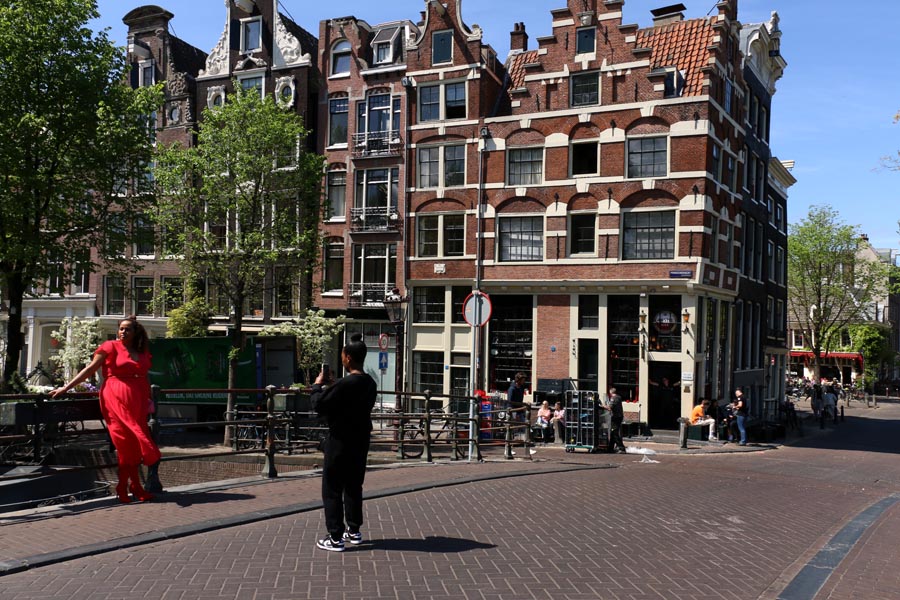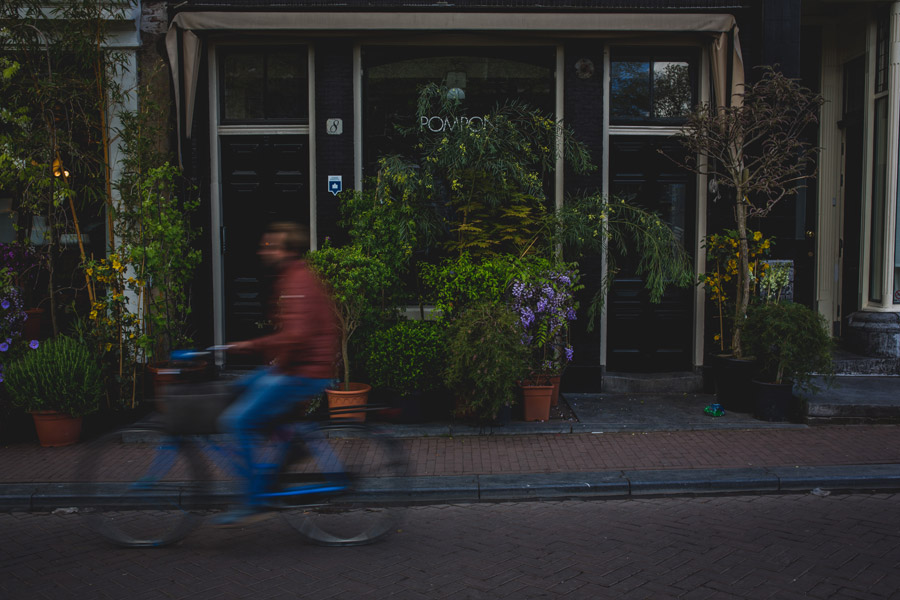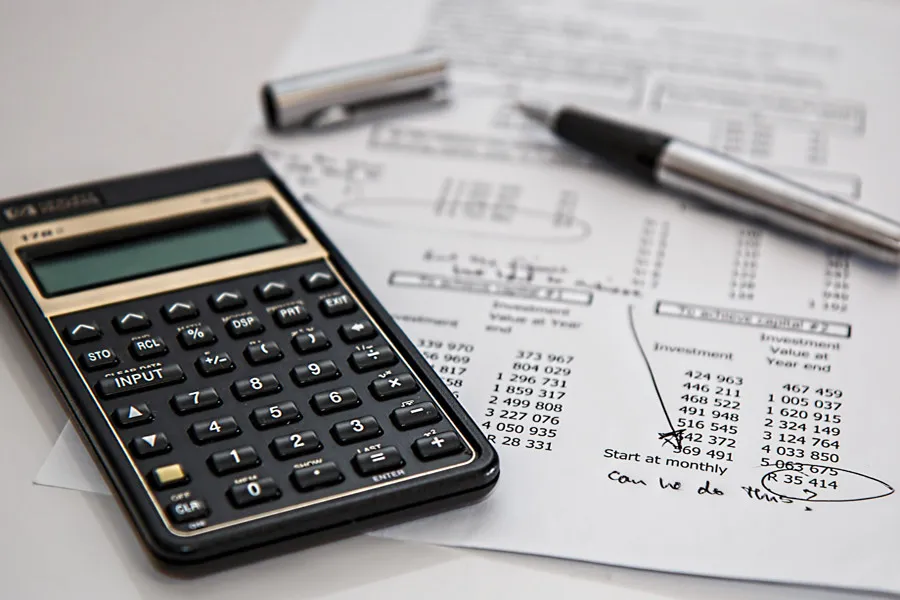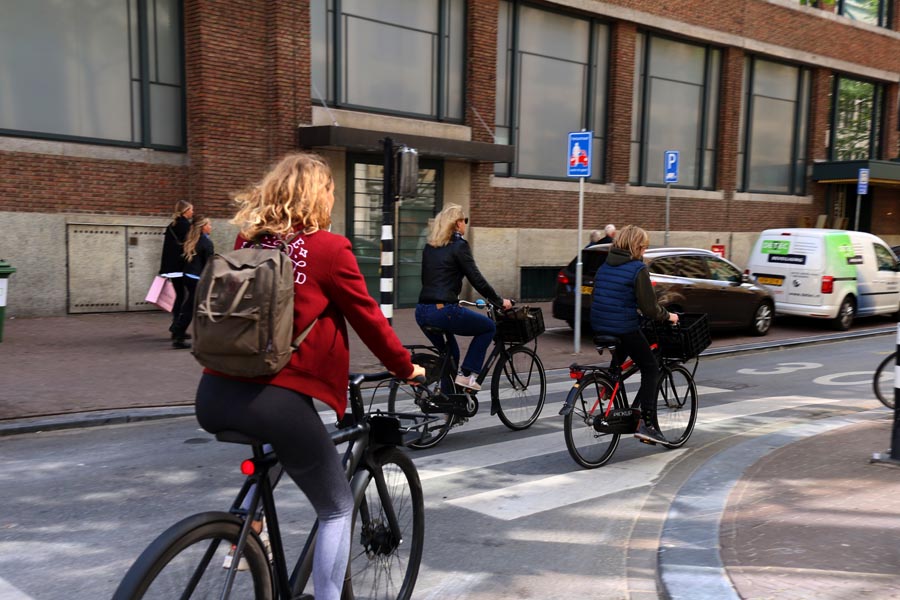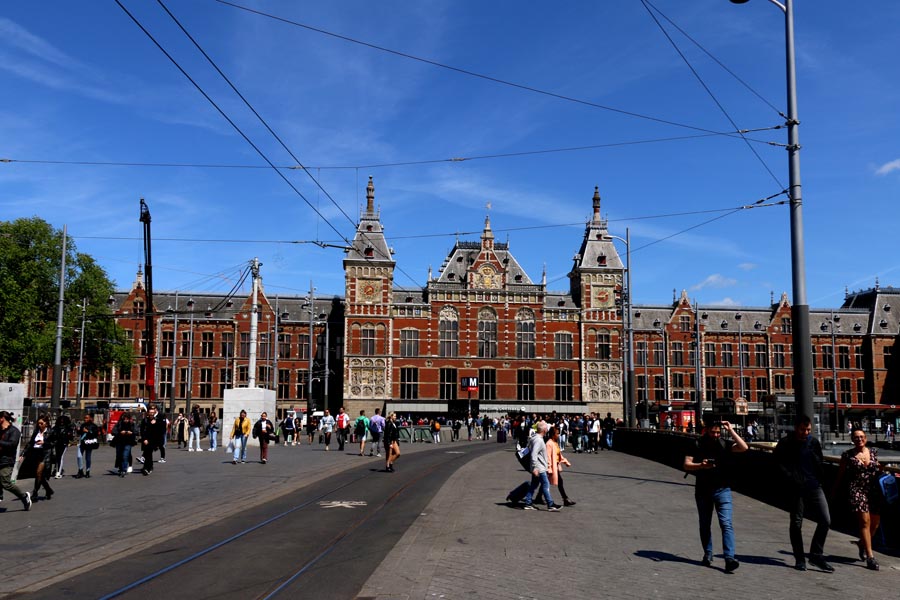As a non-EU expat in the Netherlands, you will eventually need to open a Dutch bank account to take care of your daily transaction or to receive your payments. The reason for this is that the Netherlands mostly works IBAN bank accounts, therefore as a non-EU citizen you need a bank account with IBAN from the European union to avoid transaction fees to other currencies. If you do have another European bank account then you do not have to open a Dutch one.
Banks to pick to open a bank account in the Netherlands
When it comes to opening a bank account in the Netherlands, there are many banks to pick from and the good news is that most of them have information available also in English.
As an alternative, Digital banks can be used as well. These banks are not Dutch but can still be used in the Netherlands:
It’s a good idea to look around and assess the benefits and drawbacks of all available banks before opening a bank account in the Netherlands.
You may give certain features a higher priority depending on your needs and preferences.
Requirements to open a bank account
If you want to open a Dutch bank account you will need the following.
If you do not possess a residence permit as a non-EU in the Netherlands, it is recommended to opt for the online banking option as they do not ask for one. You can apply with a valid ID or passport only.
Some terms that you might come across
Money insurance in the Dutch banks
The deposit guarantee scheme covers all banks with a Dutch banking license. De Nederlandsche Bank is in charge of this (DNB). Check with your bank to see if it is covered by the deposit guarantee scheme. You can also find it in the Financial Supervision Act register (Wft). DNB pays out to account holders who are reimbursed up to a certain amount for their deposits under the current system. Following that, the costs are distributed among the participating banks.
The deposit guarantee scheme protects the assets of account holders when a bank is unable to meet its obligations. If certain conditions are met, account holders can have their deposits refunded up to a certain amount.
European bank coverage
Each country in the European union must be able to fulfill a € 100,000 coverage level guarantee.
Not all financial products are covered by the deposit guarantee scheme. However, almost all savings accounts, current accounts and time deposits fall under this scheme. Money on a so-called subordinated deposit is generally not covered by the deposit guarantee scheme.
Shares or bonds are also not covered by the deposit guarantee scheme. They often fall under the investor compensation scheme. This only applies if the investment firm goes bankrupt and has not complied with the law. Price loss is not covered by the investor compensation scheme.
Your bank must be able to indicate whether the product you have is covered by the deposit guarantee scheme.

